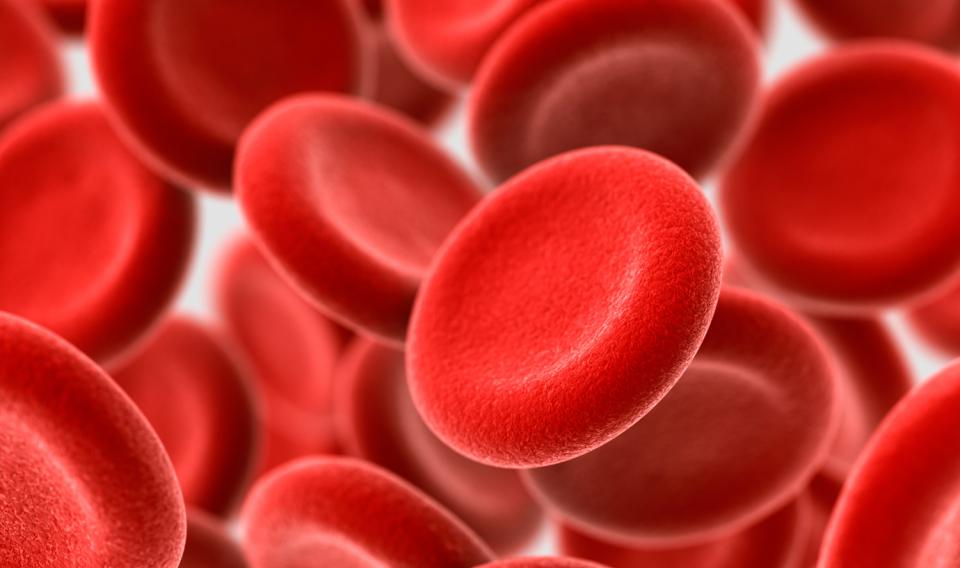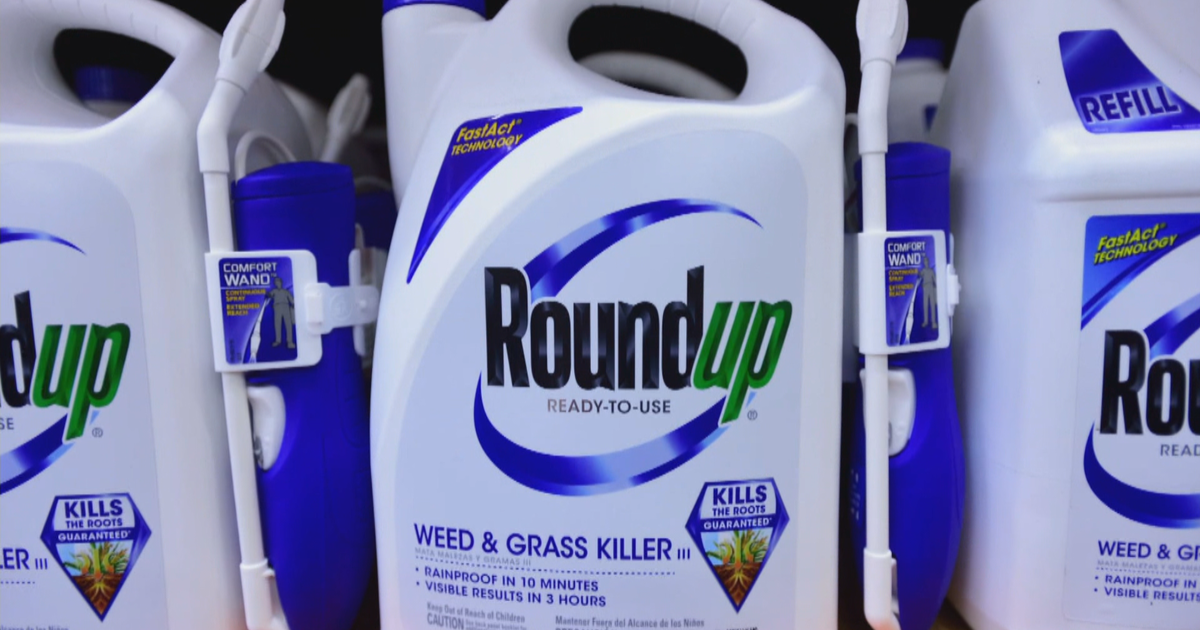About Roundup Lawsuits
- Roundup, a widely used herbicide containing glyphosate, has been linked to serious health risks, particularly various cancers like non-Hodgkin’s lymphoma. Despite its approval for use, major health organizations classify glyphosate as a probable carcinogen.
- Thousands of lawsuits have been filed against Monsanto (now owned by Bayer), with plaintiffs successfully winning significant damages in court. Allegations include failure to warn consumers about the cancer risks and the manipulation of scientific studies to downplay those risks.
- Individuals suffering illnesses linked to long-term Roundup exposure may be eligible for compensation for medical bills, lost wages, and pain and suffering. Consulting a skilled attorney is critical for pursuing justice.
Why Hire CSS for a Roundup Lawsuit
At Childers, Schlueter & Smith, we have a proven track record of standing up to large corporations like Monsanto to ensure our clients get the justice they deserve. With over $750 million recovered in verdicts and settlements, our firm is experienced in handling high-profile cases, including complex product liability claims such as those involving Roundup and glyphosate exposure.
What sets us apart is our unwavering commitment to our clients. We understand the emotional, physical, and financial toll that cancer and other illnesses can bring, and we fight tirelessly to hold negligent companies accountable for their actions. Our attorneys are skilled trial lawyers who aren’t afraid to go up against corporate giants, ensuring you have the best representation possible.
When you hire CSS, you’re not just hiring a law firm; you’re gaining a dedicated legal team that will stand by your side every step, ensuring your rights are protected and your voice is heard. Let us help you pursue maximum compensation for your medical expenses, lost wages, pain and suffering, and more. We take pride in our client-focused approach and achieving results that make a difference in our clients’ lives.
It is a silent killer that has affected more than 14,000 people nationwide, and that number is growing every day. You or a member of your family may be one of its victims. We are talking about the weed killer called Roundup manufactured by Monsanto (now owned by Bayer), and the Roundup cancer lawsuits that followed. If you have used the product or work for a company that does, you may be affected and therefore eligible for compensation for your losses and should consult with product liability attorney. Our Roundup cancer lawyers could help you obtain compensation.
Current Status of the Roundup Cancer Lawsuits
- 22,000+ lawsuits filed against Monsanto to date
- $2.1 billion penalty against Monsanto in Oakland, California, May 2019
- Awarded to Alva and Alberta Pilliod diagnosed with cancer (on appeal now)
- $46.5 million penalty against Monsanto in St. Louis, Missouri, March 2019
- Awarded to Edwin Hardeman diagnosed with cancer (on appeal now)
- $78.5 million penalty against Monsanto in San Francisco, California, August 2018
- Awarded to Dewayne Johnson, diagnosed with terminal cancer (reduced to $38 million and on appeal now)
In Johnson’s court case, not only did the jury agree that his cancer was caused by Roundup, but they also determined Monsanto hid the dangers of Roundup from consumers.
What are Roundup and Glyphosate?

Roundup, introduced by Monsanto in 1974, is one of the world’s most commonly used herbicides but contains the dangerously potent ingredient, glyphosate, which most people are unaware of. Monsanto’s products are available in more than 130 countries and have been approved for weed control for more than 100 crops. Above all, it’s generally used to control weeds in residential areas and large-scale farming or agricultural areas. Even though glyphosate products have been approved and regulated, their debilitating effects on both humans and the environment remain a grave and deadly concern.
Monsanto has marketed its Roundup product as “environmentally friendly” and “biodegradable” which led to its increasing popularity as a “safe herbicide” for killing weeds. But in March 2015, the International Agency for Research on Cancer reported that exposure to Roundup can lead to cancer – and not only non-Hodgkin’s Lymphoma. Still, Monsanto has continued to manipulate the scientific record of glyphosate with ghostwritten studies and bribes (USRTK article), as well as alleged fraudulent deals made with the Environmental Protection Agency (EPA).
The weedkiller Roundup has been closely linked to the onset of non-Hodgkin’s Lymphoma, or NHL, a type of cancer that can be deadly. According to the International Agency for the Research on Cancer, the dangerous ingredient in Roundup is glyphosate, which has been identified as a “possible human carcinogen.” Additional 2019 studies have revealed that Roundup may partially be the cause of a 40% increase in non-Hodgkin’s Lymphoma for those who’ve used it or come in contact with it.
- The new study above released in April 2019 by the International Agency for Research on Cancer (IARC) linked Roundup’s active ingredient, glyphosate, to several cancers in 8 studies, including non-Hodgkin’s Lymphoma.
- In 2015, the IARC labeled glyphosate as “probably carcinogenic” when lab tests revealed that mice developed tumors after exposure.
Given the close link between Roundup and cancer, it may be beneficial to speak with a lawyer if exposed to the product.
Other Risks Associated with Roundup Weedkiller
Roundup weedkiller has been linked to numerous other cancers in the non-Hodgkin’s Lymphoma family such as:
- B or T- Cell Lymphoma
- Chronic Lymphocytic Leukemia
- Hairy Cell Lymphoma
- Mantle Cell Lymphoma
If you have worked with or been exposed to Roundup weedkiller either at home or on the job and you’re suffering from any of the above health conditions, a skilled attorney could help you file a lawsuit. Glyphosate is now banned in 29 countries around the world. But sadly, it is still legal in the United States and therefore putting countless consumers at risk every day.
Further studies have shown that glyphosate products like Roundup can affect DNA, cells, and tissue culture in various animals such as mice, eels, sea urchin embryos and fruit fly larvae. According to Dr. Fernando Manas, a biologist at the National University of Rio Cuarto in Argentina, the spraying of glyphosate is what causes DNA damage in some of these insects.
Who Might Be Exposed to Roundup’s Dangerous Ingredient, Glyphosate?
As early as 1998, scientists have known that when normal human lymphocytes are exposed to Roundup in a test tube, the DNA is likely to be damaged. In March 2017, the California Environmental Protection Agency (EPA) became the first U.S. agency to declare glyphosate as a “known human carcinogen” under CA State Proposition 65. In addition to individuals and homeowners with gardens and lawns, the following groups are the most likely vulnerable victims:
Farmers
Farmers and field workers are at a dangerously high risk for suffering side effects and illness from Roundup because of the frequency and quantity of the weedkiller they’re exposed to. Even farmers with a smaller crop yield report using as much as 50 to 70 gallons of Roundup a year.
Groundskeepers and Golf Course Employees
Any employee who uses Roundup as part of their daily responsibilities is at high risk for adverse health conditions. In one of the most recent trials against Monsanto, Dewayne Johnson, a Northern Californian groundskeeper and pest-control manager, was diagnosed with non-Hodgkin’s Lymphoma after he developed a strange rash in August 2014. Court records indicate that Johnson’s duties included mixing and spraying hundreds of gallons of Roundup weedkiller. As a result, Johnson was awarded $78.5 million in damages (now reduced down by the Court to $38 million).
Children
A child’s chances of developing brain cancer doubled when they had at least one parent previously exposed to Roundup during the two years before birth, according to the Agency for Toxic Substances and Disease Registry (part of the U.S. Health and Human Services Department).
Anyone who has been exposed to the toxic Roundup weedkiller could have grounds to file a legal claim with a lawyer.
How Much Money Does Monsanto Make from Roundup?
According to data filed with the Securities and Exchange Commission (SEC), Monsanto made nearly $4.76 billion in sales in 2015 alone and $1.9 billion in gross profits. In its latest fiscal year, Monsanto cited even higher global sales of glyphosate.

Cancer Lawsuits Filed Against Monsanto
To date, there have been over 14,000 Roundup cancer lawsuits filed against Monsanto, the manufacturer of Roundup, with the following allegations raised:
- Failure to properly research the link between the weed killer and NHL cancer
- Failure to warn about potential risks associated with exposure to the Roundup weed killer
- Disregard of the probable risks of the Roundup weed killer
- Disregard of the safety warning of the weed killer
Further Allegations Against Monsanto:
- The United Nation’s Food and Agriculture Organization (FAO) and the World Health Organization (WHO) are funded by pesticide manufacturers
- Research studies into the toxicity of glyphosate were ghostwritten by paid Monsanto employees, using the names of academics to establish credibility
- A senior EPA official is accused of helping Monsanto thwart cancer studies
Call Today to File a Cancer Lawyer Against Roundup and Monsanto!
If you or someone you know has been exposed to Roundup weedkiller and have undiagnosed health symptoms, you should seek medical attention immediately. Or if you have been diagnosed with an illness or disease and have been exposed to the weedkiller, you should contact an attorney at Childers, Schlueter & Smith immediately. You may be entitled to compensatory damages due to pain, suffering, extensive medical bills and missed wages. The manufacturer of Roundup needs to be held accountable for their negligence in touting their product as safe for decades, while their customers have become sick and more vulnerable to the health risks associated with this product. Monsanto should be held accountable for its negligent practices so that other families can avoid further risk.
Our Roundup cancer lawyers are devoted to helping victims nationwide receive justice and compensation for their losses. Act now to learn more about Roundup cancer lawsuits. Contact Childers, Schlueter & Smith today.
Childers, Schlueter & Smith L.L.C. is an award-winning trial law firm with highly experienced attorneys representing clients across the U.S. To date, the firm has recovered more than $600 million in verdicts and settlements for its clients, and is often associated or leading some of the most high-profile cases and trials in the country.
Frequently Asked Questions
The active ingredient in Roundup, glyphosate, has been classified as a possible carcinogen by the International Agency for Research on Cancer (IARC). Studies show a strong link between glyphosate exposure and non-Hodgkin’s lymphoma, among other cancers.
Farmers, groundskeepers, golf course employees, and homeowners who use Roundup regularly are at high risk due to prolonged exposure to glyphosate. Children of individuals exposed to Roundup may also be at risk.
If you have had long-term exposure to Roundup and have developed cancer or other related health conditions, you may be eligible to file a Roundup lawsuit. Contacting an attorney can help you assess your legal options.
If you’ve been injured due to Roundup exposure, you may be entitled to compensation for medical bills, lost wages, pain and suffering, and other damages related to your illness. Punitive damages may also be awarded to hold Monsanto accountable.
Non-Hodgkin’s lymphoma is the most commonly linked cancer, but other related cancers include B or T-cell lymphoma, chronic lymphocytic leukemia, and hairy-cell leukemia.
Yes, Roundup is still being sold in the U.S. However, Bayer stopped selling Roundup with glyphosate for residential use in 2023. Roundup with glyphosate is still available for commercial use.
The duration of a Roundup lawsuit can vary depending on the complexity of the case. Roundup lawsuits often take months to years to reach a settlement or verdict.




